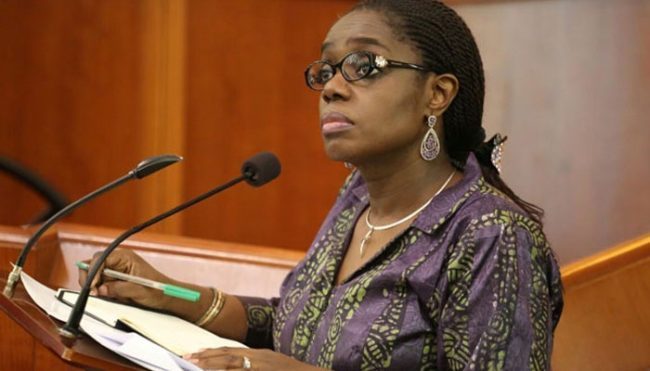
The Federal Account Allocation Committee (FAAC), headed by the Minister of Finance, seems to be blindly whipping the country for its dire need to caution the Nigeria National Petroleum Corporation (NNPC) and the Federal Internal Revenue Service (FIRS) for the remittance of fund into the federation account, which seems to be declining in recent transactions despite the increase in the price of petroleum in the international market.
The FAAC is backed by the federal government to set a new rule for the royalties and remittance of fund by the NNPC, which should be made to the Department of Petroleum Resources (DPR) and in turn served as a check to the NNPC in the allocation of funds to the federation account. The FAAC has been deliberating on the issue of funds by agencies in charge of petroleum. The FIRS fell short in remitting a certain amount in a value as much as 90 billion naira.
It is worth of note that the same fund being remitted to the federal account by the NNPC is used by the federal government in reimbursing the state governments, which means state civil servants cannot receive their salaries until the state governments receive from the FG.
In as much as the FAAC has a good intent to ensure the petrol funds remitted to the federation account are more defined, it happens to be punishing a good number of the Nigerian population with its new rule. The FAAC wants to scrutinize the NNPC first before doing the same with the FIRS, which has an effect of time on state government salary earners.
Civil servants are not particularly aware of the cause of the delay in the payment of their salaries and think their state governments have something to do with it. As for being informed, the broadcast media are not doing enough to enlighten the masses about this impending change.
It is therefore important for the FAAC to find a method of implementing the change without depriving workers of their salaries. NNPC workers are federal employees and have most likely been paid their June salaries. We therefore urge the committee, and the legislators, to look into the matter and find a mutual ground for implementing the change and paying up the outstanding wages of civil servants.
[youtube https://www.youtube.com/watch?v=DzALOyFwUVA?ecver=1]
